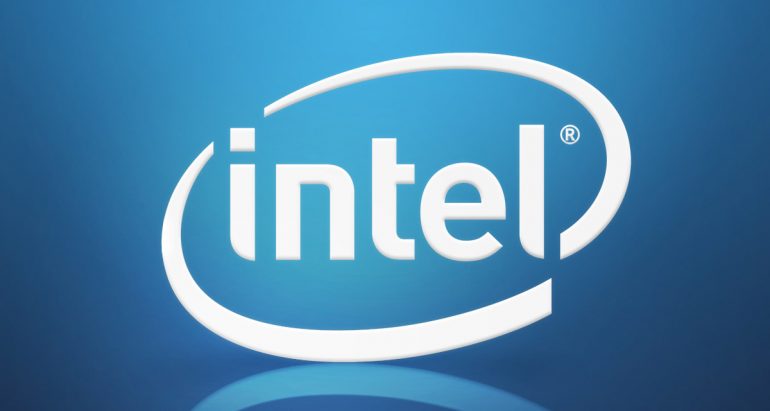It has been almost a year since Intel released its Skylake processors, which means that something new is on the way to us. With Haswell, Intel released faster Haswell processors, packed in a group known as Haswell Refresh but Skylake will have a different fate – this chip generation will be replaced by the so-called Kaby Lake chips later this year. And now the first tech specs of Kaby Lake chips have appeared which means that the new chip generation may be closer than initially expected.
Unfortunately the Kaby Lake chip family will likely disappoint Intel’s fans and all hardware enthusiasts around the world. The new processors will hardly bring any major changes to the desktop computing infrastructure – they will be made on 14 nm tech process and will keep the well known cache hierarchy – each Kaby Lake core will have access to 256 KB of L2 cache and up to 8 MB of L3 cache will be integrated into each Kaby Lake processor. Not surprisingly a chip called Core i7-7700K will lead the pack – this one will come with an unlocked multiplier, four processing cores with support for Hyper-Threading technology, four blocks of 256 KB L2 cache and 8 MB of L3 cache. The integrated GPU in the chip will be GT2 with 24 execution cores at 1150 MHz. As to clock speeds, the chip will run at 3.60 GHz (4.2 GHz Turbo), which raises an eyebrow. In other words, if this is not a mistake, a Core i7-7700K may be a bit slower than the current Core i7-6700K processor, which runs at 4.0/4.2 GHz.
The Core i7-7500U currently represents the mobile Kaby Lake generation. This chip will have two cores with support for Hyper-Threading technology that will run at 2.70 GHz (2.90 GHz Turbo), 4 MB of L3 cache and an Intel GT2 graphics core that runs at 1000-1100 MHz. There’s also a third chip as of now – this one will be known as Core m7-7Y75 and will belong to the Core M family. The Core m7-7Y75 will run at 1.30/1.60 GHz and will feature 4 MB of L3 cache. Sadly this is everything that is known about this processor. In addition all aforementioned processors will support DDR3L and DDR4 memory (but you will not be able to mix these two memory generations) and will have minor architectural improvements as well as lower power consumption due to a much optimized 14 nm production process.
Fortunately for owners of current Skylake computers, the Kaby Lake generation will use the same LGA 1151 socket and will work in all motherboards on Intel 100-series chipsets. The new processors are expected by the end of the year.
Source: Wccftech.com
